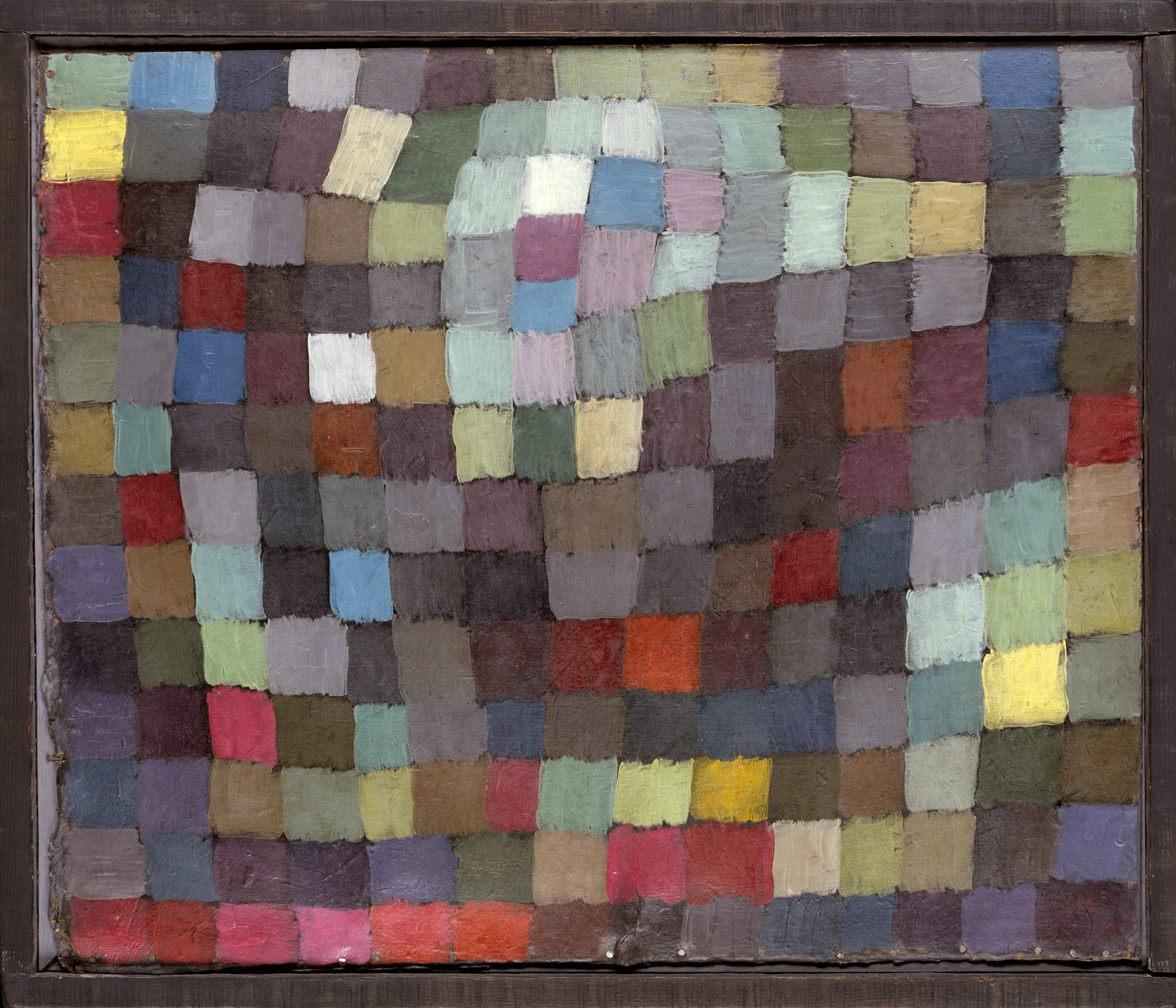I asked no other thing,
No other was denied.
I offered Being for it;
The mighty merchant smiled.
Brazil? He twirled a button
Without a glance my way:
But, madam, is there nothing else
That we can show today?
The allegory of spiritual conversion as a commercial exchange with a “mighty merchant” highlights and vulgarizes the role of interest in an imagination of God as one who confers things upon the subject who seeks him. But Dickinson does not by any means discount the speaker’s sincerity. The “I” of the first four lines introduces the allegory of exchange between the self and God after the possibility of mutuality has been denied. The poem is about a knowledge that comes in the wake of an imagination of conversion as mercantile transaction; a trade of “Being” for some obscure, yet all-important “thing.”
The “thing” that the speaker asks for remains unnamed.The speaker’s account of the request–“I asked no other thing / no other was denied” takes the form of two negative statements; the “thing” cannot be substituted for any other thing. Itself denied, it seems to negate the value and singularity of everything else on offer–the “no other.” Perhaps, then, the “thing” is anti-conceptual and pre-linguistic; an affective state—“happiness,” “joy,” “pleasure” “love”—or a spiritual one—“blessedness,” “grace.”
The merchant’s question “Brazil?” is a condescending translation of the indeterminate “thing” that was asked for. Brazil is an absurd “thing” to ask for in the context of an empirical, or even a more abstract, commercial exchange. If we were to imaginatively entertain the notion of “buying a nation,” we might observe that nations are not bought and sold in one fell swoop, but built through violent and ongoing political struggles. If we were to think about a more concrete and everyday instance of exchange over a counter, we might ask: how would a merchant empirically “show” a thing that is so vast and over-determined as “Brazil”?
The merchant’s smiling attempt to conceptualize the speaker’s request hints at the impossibility of its realization. The merchant himself is indifferent, aloof;–an impersonal God who is an agent of disappointment rather than a positive presence. Dickinson here presents us with the scenario of a subject who is, to borrow from Pascal, seeking a knowledge of the heart but who is denied. Dickinson shows us how the idea of a God who has what we need corresponds to a deeply felt human desire–the speaker is not unsympathetically represented. Narrating this poem in the past tense, however, Dickinson opens the way for a more challenging spiritual optics, one where ethical action begins with an awareness of the asymmetrical relation between the God and the self. In the now of the speaker’s present, “Being” may be offered for some other reason than the hope of reward.



I hadn’t thought of the role of “interest” in this poem, but – if I understand how you want to invoke it – you’re right: the “Mighty Merchant” is portrayed as asking (condescendingly, as you say), “Is there something else I can interest you in?” (since you evidently lack the means to purchase what you want). This opens on (or instances) the question of how Dickinson thinks about (or makes use of) the relation between the financial and affective senses of “having an interest” in something. One can’t say that her use is simply metaphorical since “interest” as affective investment is as everyday a use, if not more so, as “interest” as financial investment (or a particular type of return on investment.
With regard to “Brazil,” would the incongruity or disproportion of the “offer” to situation not figure a more disproportion disproportion – one beyond any kind of comparison, which would bring one back to the first line, “I asked no other thing” – and the refusal even of the exchange of “Being” for “thing.”